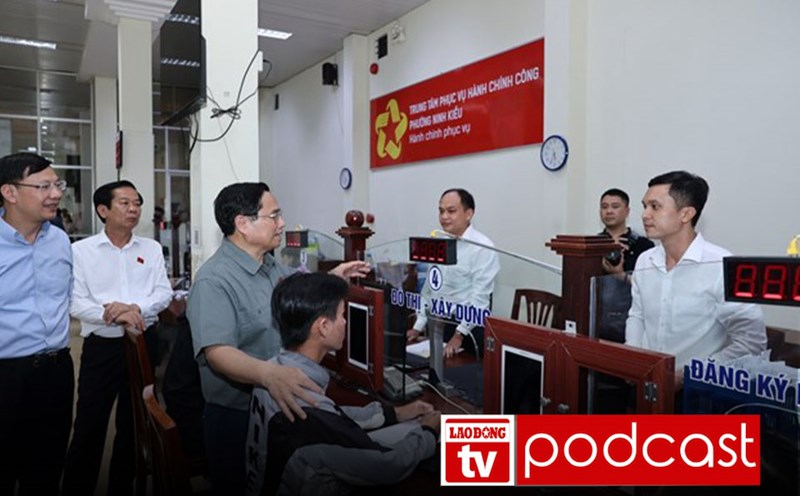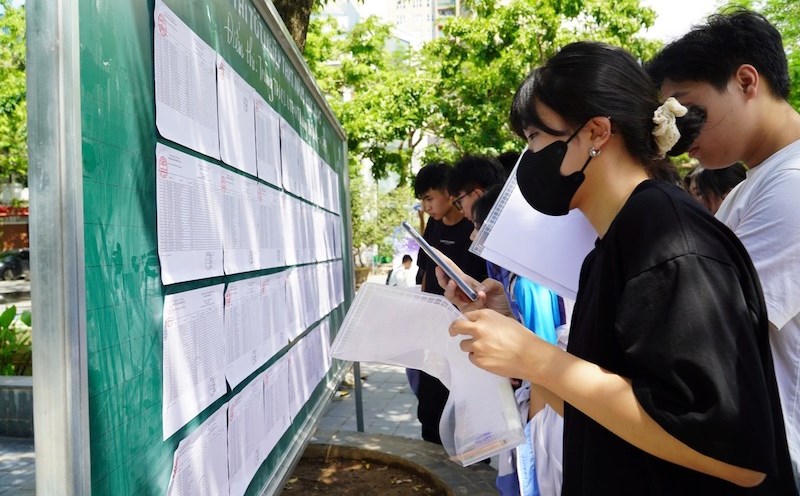In Official Dispatch No. 111/CD-TTg signed by Prime Minister Pham Minh Chinh, sent to ministries, branches and localities on July 18, the Prime Minister pointed out 4 groups of issues affecting the operation of the entire new system.
In particular, there has been a situation of " document brokers" in some localities and additional administrative procedures have arisen that are not in accordance with the provisions of legal documents.
The Prime Minister requested Chairmen of People's Committees of provinces and cities to inspect and rectify the situation of " document brokers" at the Provincial and Commune Public Administration Service Centers.
The situation of " document brokers" in public administrative centers is a matter of "knowing, being miserable", common in many localities, even the central ministries and branches for many years.
The reason for this situation comes from the fact that despite administrative reforms, there are still many complicated and unnecessary procedures.
People still feel uncomfortable when going to public authorities to do procedures related to taxes, real estate, urban management, etc. Businesses are "caused difficulties" when doing procedures related to operations, accounting, etc.
But more importantly, there is the "cooperation" and support of some civil servants with the "brokers".
When the right to public and transparent service is exchanged for "out-of-stream services", people will inevitably lose faith in the effectiveness of administrative reform.
Therefore, eliminating the problem of " document brokers" is not only to handle violations of a few individuals outside and inside the head office gate, but also a test of the real level of the current administrative reform.
We cannot declare that we have simplified administrative procedures if people still have to spend money to "go to the back door" to complete documents as quickly as possible.
It is also difficult to say that we are operating with digital government, if the digital public service system is often faulty, has complicated connectivity requirements, and the staff is not capable enough to support and the people have to ask for help from "brokers".
From the request of the head of the Government on eliminating the problem of " document brokers", localities need to take more drastic and specific action.
Not only inspection and review to handle, but also transparency of procedures, standardization of requirements, and at the same time arranging on-site support forces for people to complete procedures quickly, on time, and in accordance with regulations.
In particular, it is necessary to strictly handle cadres and civil servants who show signs of being dependent and assisting " document brokers".
Clearing up the situation of " document brokers" no longer having land to live in public administrative centers at the commune and ward levels when operating two-level governments is an urgent requirement.
Grassroots government is closer to the people, more effective and efficient, only when people enter public administrative centers with the mindset of being served, not afraid of being made difficult, not needing to "go to the back door".











